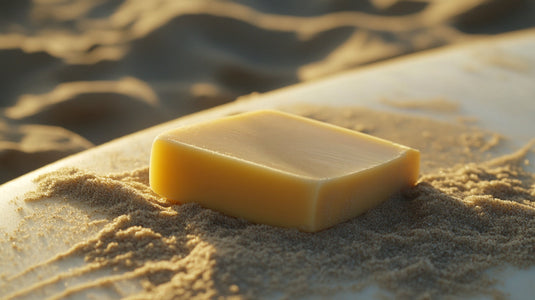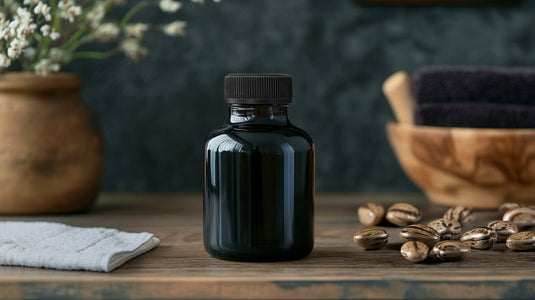Castor Oil and Hair Growth: Myths, Benefits, and Best Practices
Castor oil, extracted from the seeds of the Ricinus communis plant, has been celebrated for generations as a natural remedy for enhancing hair health. Renowned for its supposed ability to stimulate hair growth and improve scalp health, it continues to captivate attention in the world of hair care. But does it truly deliver on its promise to promote hair growth?
The Science Behind Castor Oil
The potential benefits of castor oil for hair growth are largely attributed to its composition. It is rich in ricinoleic acid, a unique fatty acid that may support a healthy scalp environment—essential for fostering optimal hair growth conditions. Additionally, castor oil contains an abundance of nutrients, including vitamin E, omega-6 fatty acids, magnesium, and zinc. These elements play crucial roles in nourishing hair follicles and the scalp, potentially leading to stronger, thicker hair.
Anecdotes vs. Evidence
Countless success stories highlight castor oil’s perceived effectiveness, with users reporting improved hair thickness, length, and overall vitality. However, while anecdotal evidence is persuasive, scientific validation remains limited.
Some small-scale studies hint at its potential benefits. For instance, a study in the Journal of Cosmetic Science observed increased hair growth among participants who used castor oil on their scalps. (Reference Article in Science Direct) Similarly, the International Journal of Trichology noted improvements in hair growth in individuals with androgenetic alopecia, a common form of hair loss. Likewise, the National Library of Medicine has done a study that showed an increase of hair growth on rabbits, but human studies seem to be absent at the moment. Still, larger and more robust studies are needed to draw definitive conclusions especially in humans.
How to Use Castor Oil for Hair
The effectiveness of castor oil often depends on how it is applied and the individual's hair type. Experts suggest using it 1–2 times a week consistently over 3–4 months to evaluate its impact.
For application, follow these general guidelines:
-
Fine or Medium Hair: Apply castor oil to the mid-lengths and ends, leaving it on for up to 30 minutes before shampooing.
-
Thick, Coarse, or Dry Hair: Use as an overnight treatment or apply sparingly to the ends as a leave-in conditioner.
Some prefer to dilute castor oil with lighter oils like coconut or argan oil for easier application. Alternatively, adding a small amount to your shampoo can simplify use and ensure even distribution.
Precautions and Expectations
While generally safe for topical use, castor oil may cause allergic reactions or irritation, particularly in sensitive individuals. It’s wise to perform a patch test before incorporating it into your routine.
Results from castor oil vary widely. Factors such as consistency, individual health conditions, and overall hair care practices play significant roles in determining outcomes. Remember, patience is key—hair growth is a slow process that requires time and commitment.
The Verdict
Castor oil holds potential as a natural solution for improving hair health, but its effects on hair growth are not universally guaranteed. For some, it may prove beneficial, while others might see little to no change. Manage expectations, and consult a dermatologist or hair care professional if you have concerns or specific scalp conditions.
In the world of hair care, castor oil remains a popular choice for good reason. While its benefits for hair growth require further scientific backing, its nourishing properties make it a valuable addition to many hair care routines.










